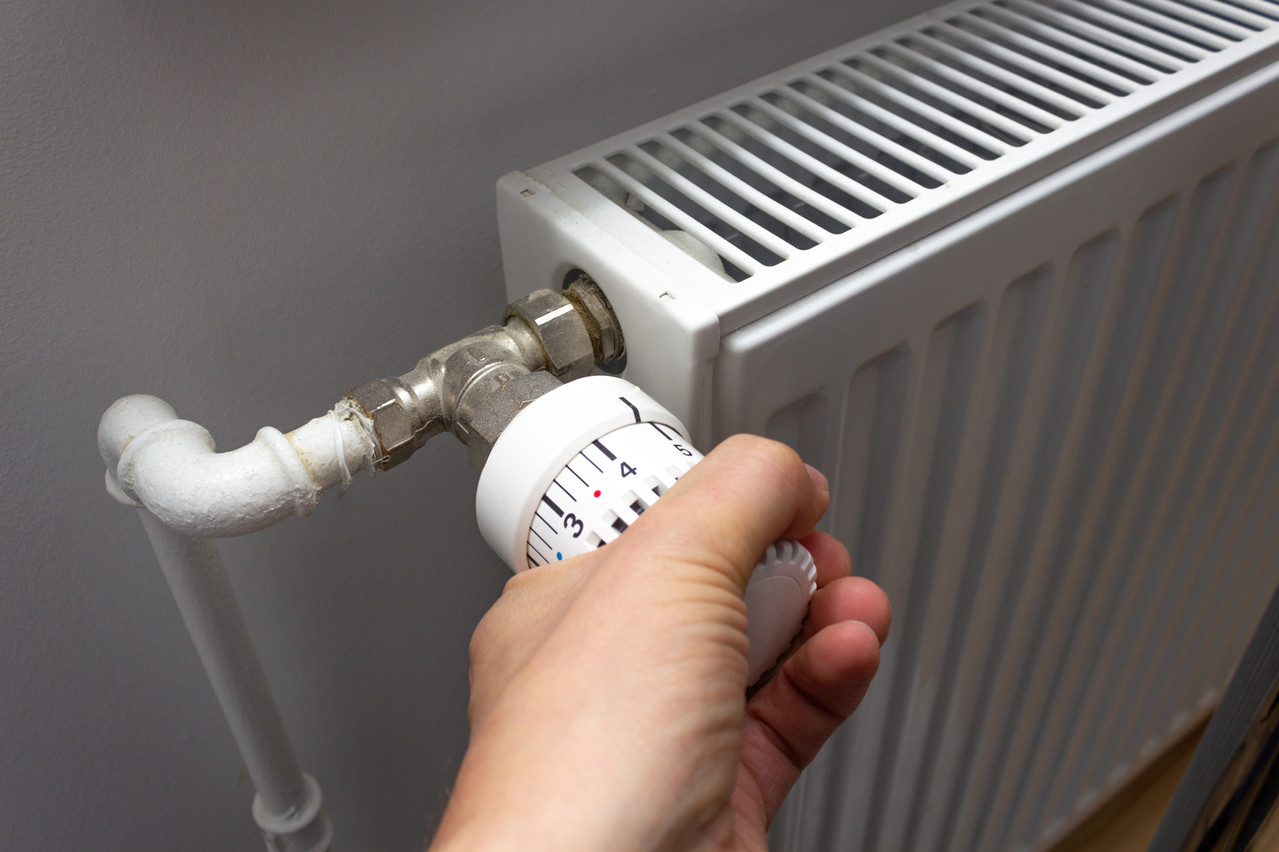The asks of all EU member states--bar some exceptions--to reduce their consumption of gas by 15% over the period of 1 August 2022 to 31 March 2023. Luxembourg had already cut its demand by 6.1% in the winter of 2021/2022. Yet, “every effort counts and every resource we save makes our energy supply more secure, reduces costs and helps us reach our climate targets,” says energy minister Claude Turmes (déi Gréng) in a press release.
The minister presented the country’s energy saving plans alongside interior minister Taina Bofferding (LSAP), SME minister Lex Delles (DP), Serge Hoffmann of local authority association Syvicol, Fernand Ernster of the Chamber of commerce and Alexandre Kieffer of the trades chamber.
Saving gas as well as electricity
“Saving together, staying together,” (“Zesummen spueren, zesummenhalen”) is the government’s motto as a response to the EU regulation. If all actors--the state, communes, businesses and private persons--follow the recommendations put together by the energy ministry, the 15% target should easily be met, the government reckons.
Savings gestures should also be applied to other energy sources like electricity due to the interdependence between different power sources, the state said.
For the state’s many infrastructures, this means reducing the temperature of spaces used for desk work to 20ºC when in use, and to 16ºC in the evening, weekends, or when not in use. A/C systems and ventilation systems should only be used if necessary, while hot water will be cut in parts of buildings that don’t necessitate it for sanitary reasons.
In a note, civil servants were also reminded to adopt regular mindful behaviours: turning off lights when leaving a room, turning off the heating when the windows are open or even not leaving computers on stand-by were part of the message circulated to staff. They are also being urged to prioritise use of public transport.
“Aesthetic lighting” will be cut off completely, while other external and internal lights will only be kept on if they are needed or part of security measures. This should reduce government buildings’ consumption by 10 to 20%.
Communes could potentially bring down their energy consumption by 10 to 20% too, by applying similar rules. Some communes--like Differdange, which has cancelled its Christmas market ice rink, according to a report in l’Essentiel--have already started making changes.
Companies could reach an estimated 20-30% reduction compared to their consumption over the last five years if they adopt new measures. The government has collaborated with Luxembourg industry federation Fedil, as well as the trades chamber, chamber of commerce and the national climate agency (Klima Agence) to find ways in which to reduce energy needs.
Cost-of-living aid increased
Private persons are also called to contribute to the effort by adopting changes in their lifestyle. To this end, the (saving together) platform was launched on 8 September. Aside from advice on reducing energy consumption and energy bills, the site offers temperature guidelines, shorter showers and airing techniques among tips, but also, links to the procedures to apply for heating aid and cost-of-living expenses, which will be increased by around 50% and to a maximum of €400 a month in light of the impact of inflation on lower income households.
Some aspects remain uncertain
While voluntary measures should be enough to meet the target set up by the EU, the country has had to draft a strategy if the progress of energy saving doesn’t follow the right trajectory.
Luxembourg’s consumption--which should be decreased by 970GWh to 5510GWh over the winter months--will be evaluated every 2 months, and steps will be taken accordingly.
If the intermediate targets aren’t met, all buildings--aside from those in the care sector and essential services--will have to lower their temperature, as will public and private pools. Companies consuming more than 1GWh a year will have to adapt their energy needs in accordance with targets.
How the government will conduct checks on private and residential buildings and pools remains to be seen. “If we have to call for an obligation, it will be very real and we assume that the people will obey the laws,” a spokesperson for the ministry later told Delano.
The guideline to avoid airing rooms as much as possible also clashes with the potential next wave of covid-19 cases that the country can expect. Over the last week, as holiday goers returned to the grand duchy, the number of infections has increased again, reaching 777 cases. Depending on the covid situation, some measures recommended might be halted, the energy ministry explained.
This article was edited to include a comment by the energy ministry.
